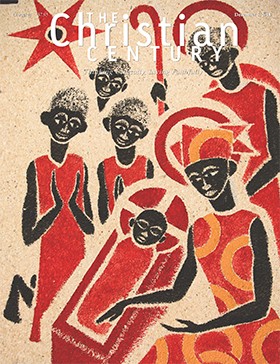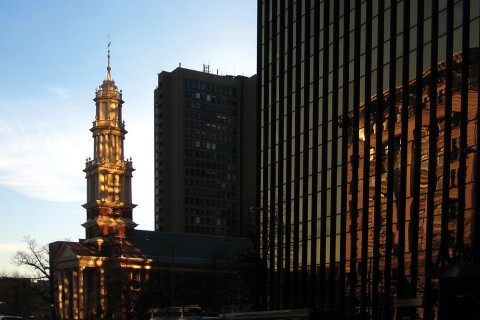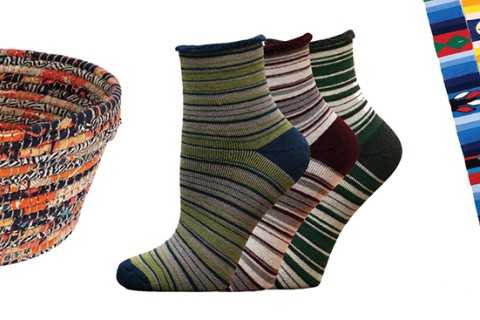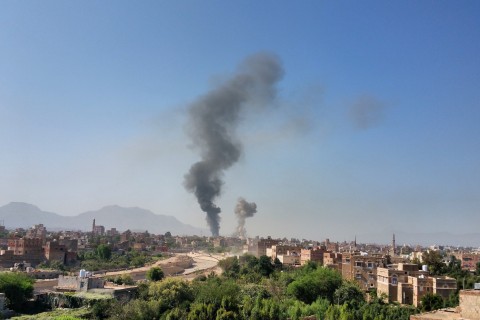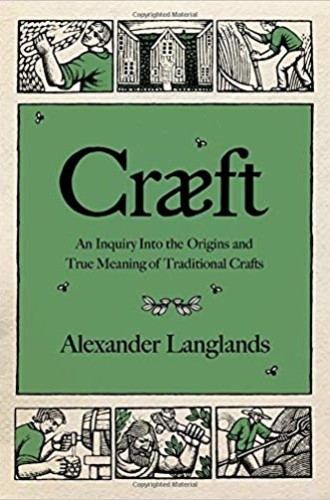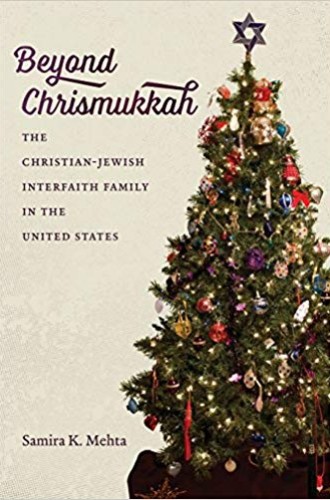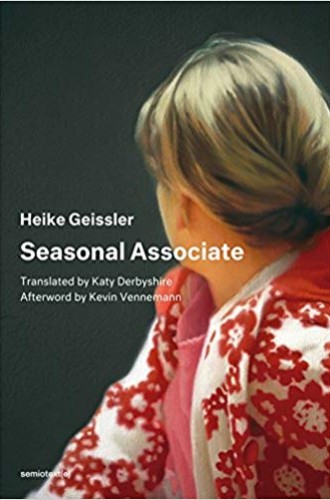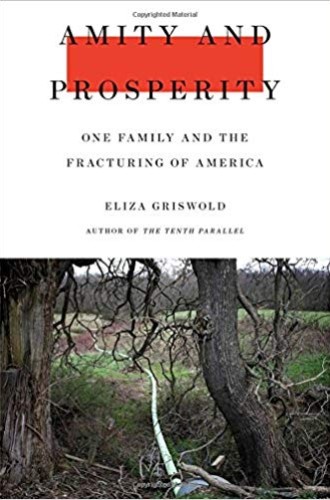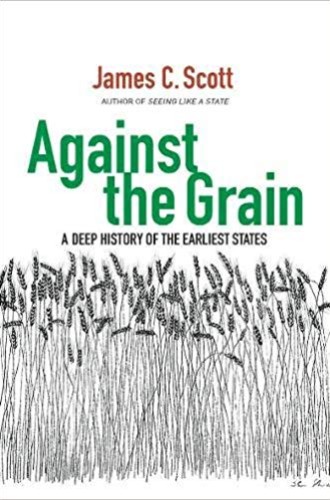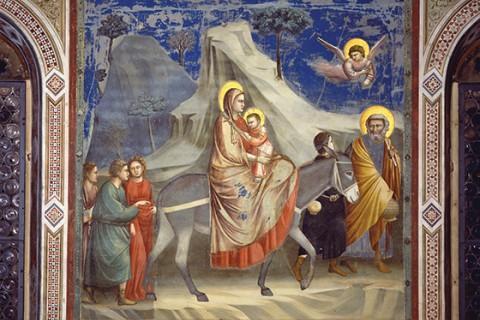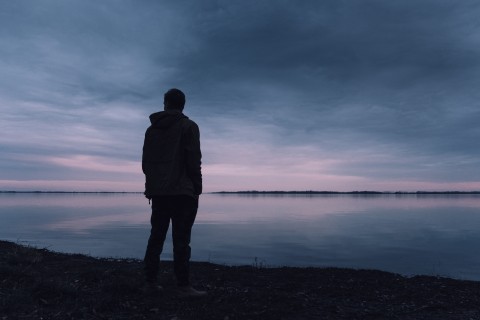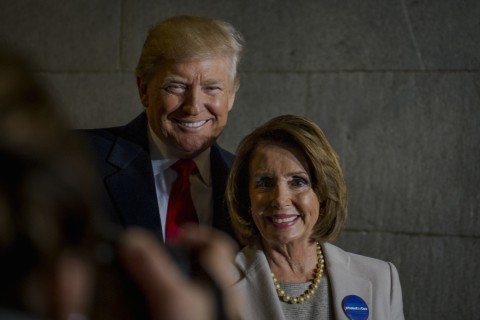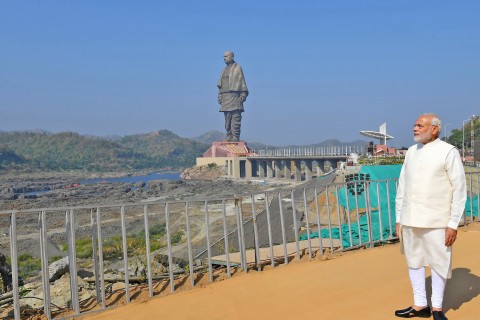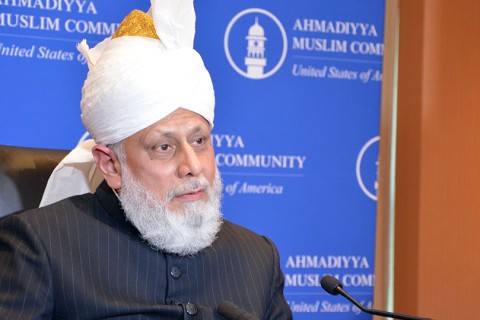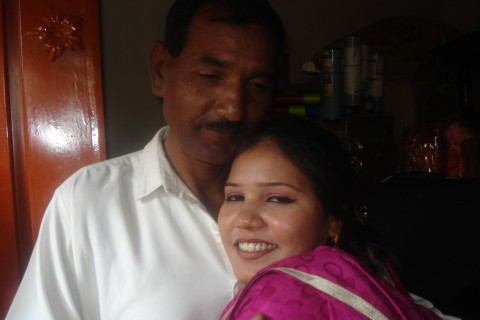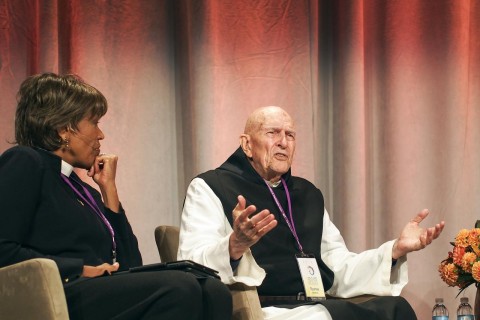Features
Learning to love our church’s (expensive) steeple
Christmas gifts that give twice
When our church started receiving offerings through Venmo
Crisis in Yemen shaped by unique religious and political factors
Books
The beauty of doing things by hand
What does it mean to make things, and why does it matter?
How Christian-Jewish intermarriage became normal
Samira Mehta shows how some interfaith families mediate diverse traditions.

Which new books deserve a spot under the Christmas tree?
We asked our contributing editors to each pick two.
A story that puts you in an Amazon warehouse worker’s shoes
Heike Geissler’s account of her time at Amazon is far more than a workplace exposé.
A Pennsylvania family destroyed by fracking
Eliza Griswold tells the story of an industry and the people it hurts.
Our narratives about nation-states
Is an organized state the pinnacle of progress? James Scott doesn’t think so.
Departments
Flight into Egypt, by Giotto di Bondone
How The Hate U Give accomplishes what The Oath doesn’t
News
India’s Statue of Unity is latest venture of Hindu nationalist leaders
The statue depicts Sardar Patel, an icon of India’s independence—whom the Bharatiya Janata Party has claimed as one of its own.
White House expands birth control exemptions for employers, schools
The new rules extend to institutions with religious or moral objections to providing insurance that covers contraception—but not to publicly traded businesses, government agencies, or government-funded health centers.
Mirza Masroor Ahmad, leader of Muslim minority group, visits faithful in U.S.
Globally, the Ahmadiyya Muslim Community includes 10 to 20 million people with a message of “love for all, hatred for none.”
Asia Bibi, Pakistani woman charged with blasphemy, freed
“She appears to be a person, in the words of Shakespeare’s King Lear, ‘more sinned against than sinning,’” the Supreme Court wrote in its ruling.
Egyptian Copts angry at authorities’ broken promises after pilgrims massacred
Copts, who make up about 10 percent of Egypt’s population, have seen increasing violence against them since 2013.
Thomas Keating, who developed centering prayer, dies at age 95
Keating was also known for his engagement in interreligious dialogue.


